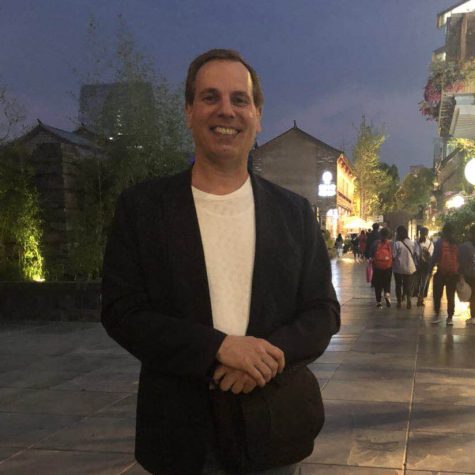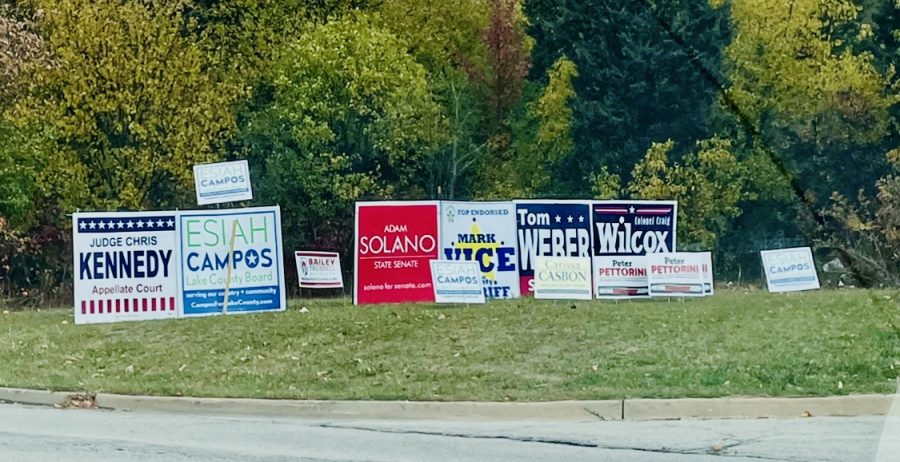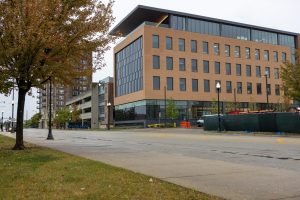Why Care About Midterm Elections?
October 30, 2022
The 2022 Midterm Elections are approaching this November 9th. Although the positions of president and vice president will not be featured on the ballot, the impact of this election will be felt for the next couple of years, as well as dictating the direction the country will head decades down the road.
Timothy Murphy, a CLC political science professor, discussed the significance of the midterm elections.
“The election is going to decide who will be in charge of Congress,” Murphy said.
“Since the House of Representatives has a two-year term, they have to have elections every two years,” Murphy explained. “The senate also rotates one-third every two years.”

He said that historically speaking, the opposition party usually wins the midterm elections.
According to Murphy, the elections could enable a change in leadership in the House of Representatives and the Senate. “If the Democrats can keep everyone together, they can pass legislation. However, if the Republicans are able to take over after the midterms, very little is going to get done.”
He later added that the Democrats, depending on how big their majority is, may have a chance to keep control of the Senate. “The opposition party usually tends to do better in the midterm election, but we’ll see.”
Voting is one of the most important aspects when it comes to a democracy. In the words of professor Murphy, “it is our way of sharing in our governance and deciding leadership.”
He also shared that voting in elections is not perfect as far as accountability, but it is better than the alternative, which is no elections and no accountability.
Voting isn’t the only action one can take when it comes to political involvement. Murphy introduced the concept of advocacy democracy from the article Advanced Democracies and the New Politics by Russell J. Dalton, Susan E. Scarrow, and Bruce E. Cain.
This is a type of democracy wherein citizens actively interact and participate in the political process. Actions such as attending public meetings, class-action lawsuits, taking a complaint to an ombudsman, or sitting on an advisory commission are some of the many ways to participate.
“But they do take time and more effort,” Murphy emphasized. “That’s why when most people think about political participation, they focus mostly on voting.”
Everyone must take politics more seriously, as it affects everyone. One can be involved as much as one wants to be, but it is of the utmost importance that the population participates in the process of deciding who should lead us into the future and represent us when it comes to local issues and international affairs.







